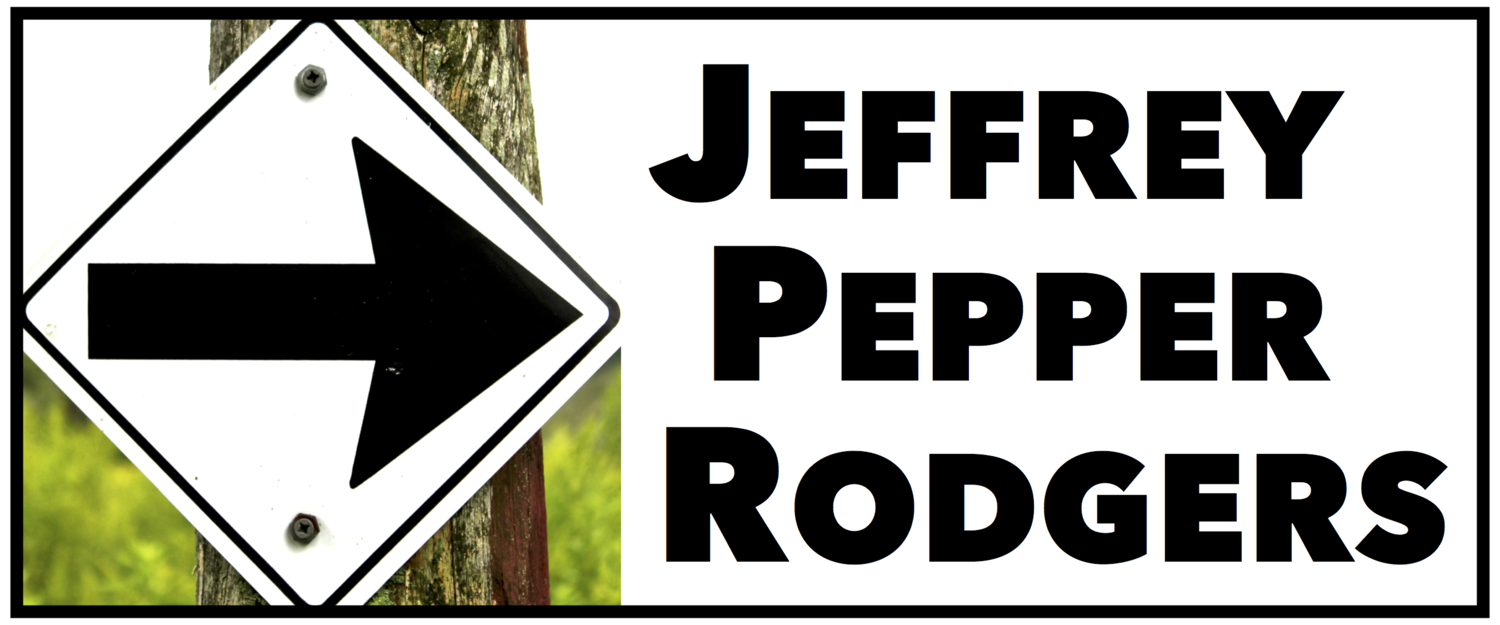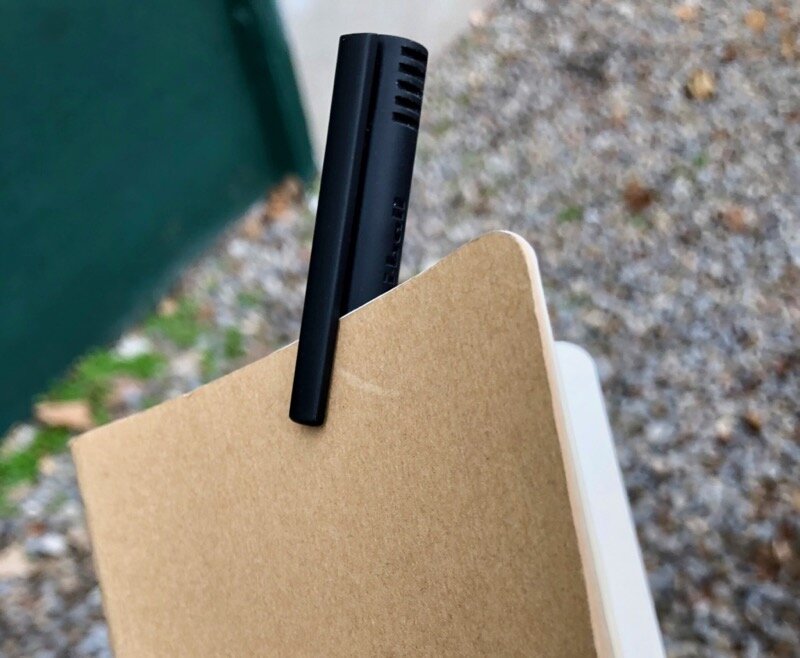Writing tools: the curio book
If you want to write—whether prose or poetry or songs, fiction or nonfiction—one great practice you can adopt to fuel your work is keeping what I call a curio book.
This could be a small paper notebook or a notes app on your phone—anything that you have with you wherever you go. Use this book to collect interesting bits and pieces you encounter in your daily travels: comments that you overhear, storefront signs, bumper stickers, odd juxtapositions or images...anything that strikes you as intriguing, strange, funny, or otherwise memorable.
I’m convinced that one of the most important qualities in so-called creative or artistic people is simply that they pay more attention. Keeping a curio book is an exercise in paying attention.
I’ve long asked my creative writing and songwriting students to keep a book like this, and I used to refer to it an idea book. But that name never felt right, because ideas—as in thoughts or concepts or objectives—are not really what you’re seeking in this particular book. Nor is this a journal for spilling out whatever’s on your mind.
Instead, a curio book, like an old-time curio cabinet, is for collecting and showcasing little things that you happen upon out in the world and grab your attention. Don’t worry about what these things mean or how you might use them. Just capture them in the sharpest detail you can, and move along.
The fact is that everyone blows past all sorts of weird and fascinating stuff every single day. Most people, most of the time, are too preoccupied to notice. But a writer, as the proverbial person on whom nothing is lost, does notice.
I’m convinced that one of the most important qualities in so-called creative or artistic people is simply that they pay more attention. Keeping a curio book is an exercise in paying attention.
When you keep a book like this and notice something, it’s crucial that you record it right away. Don’t wait, because no matter how vivid something is in the moment, you most likely won’t remember it exactly the same way even a short time later. The way you kinda sorta remember what someone said will not have the sharpness and power of the precise actual words.
So what do you do with this stuff you collect in your curio book? Flipping back through entries from time to time, you may find a useful detail or the seed of a larger story. I have found the lyrical hooks for a bunch of songs this way. All of the following are phrases that popped up in conversation and became song titles:
My life doesn’t rhyme
Enough about you—what about me?
Stop, drop, and roll
The day after yesterday
Of course, you may never do anything with a lot of what you write down in a curio book. But even in those cases, the practice of observing and recording details of your surroundings has many benefits. It helps you keep your antenna up, and it trains you to capture things when they first present themselves. Both are essential for creating any kind of art.

